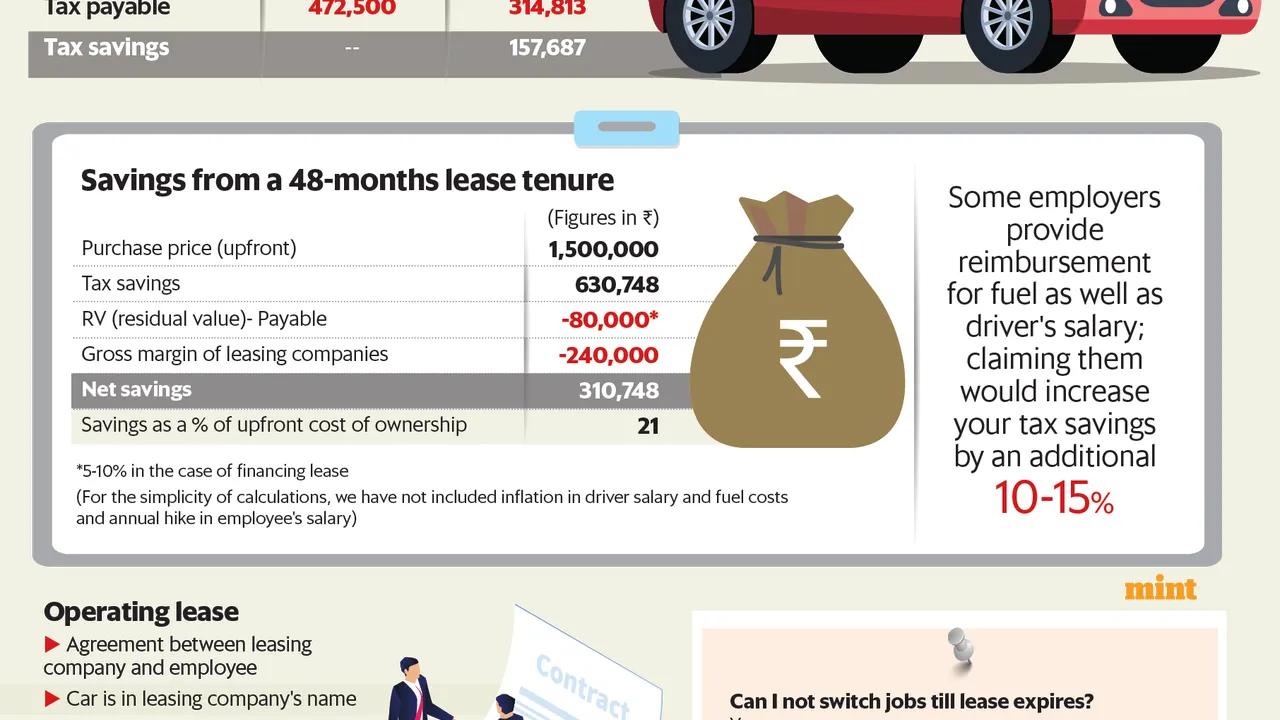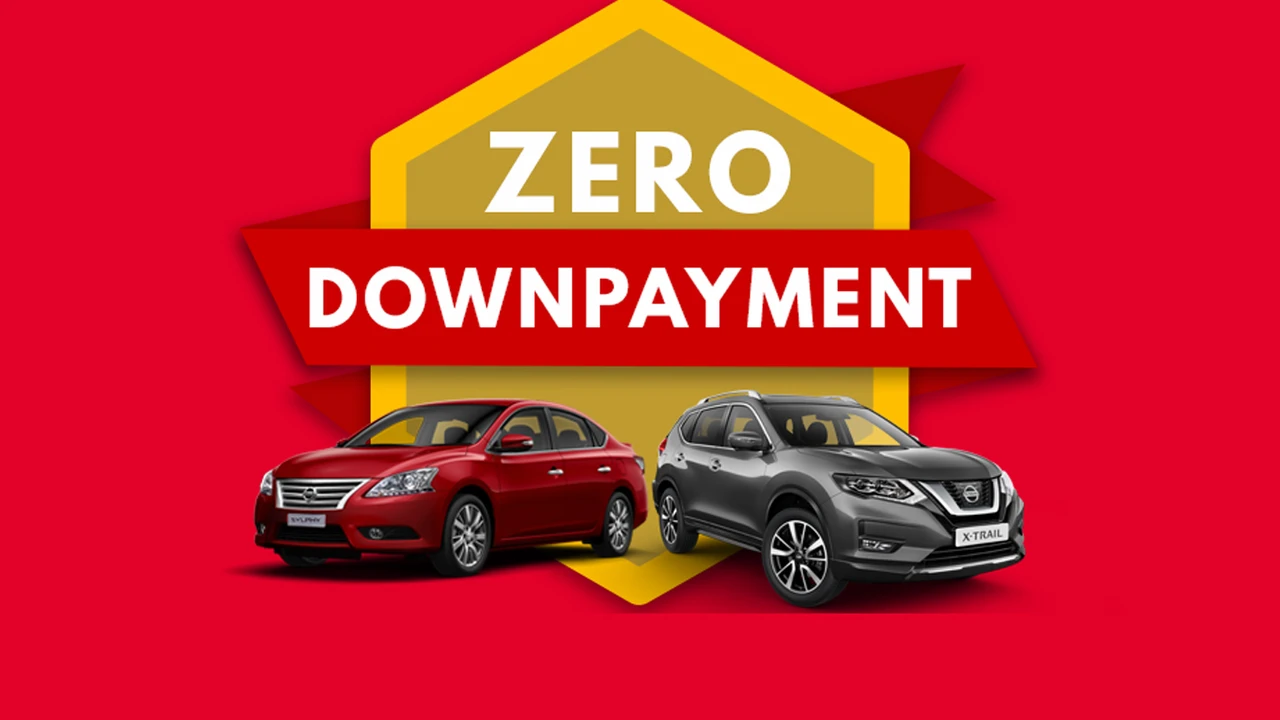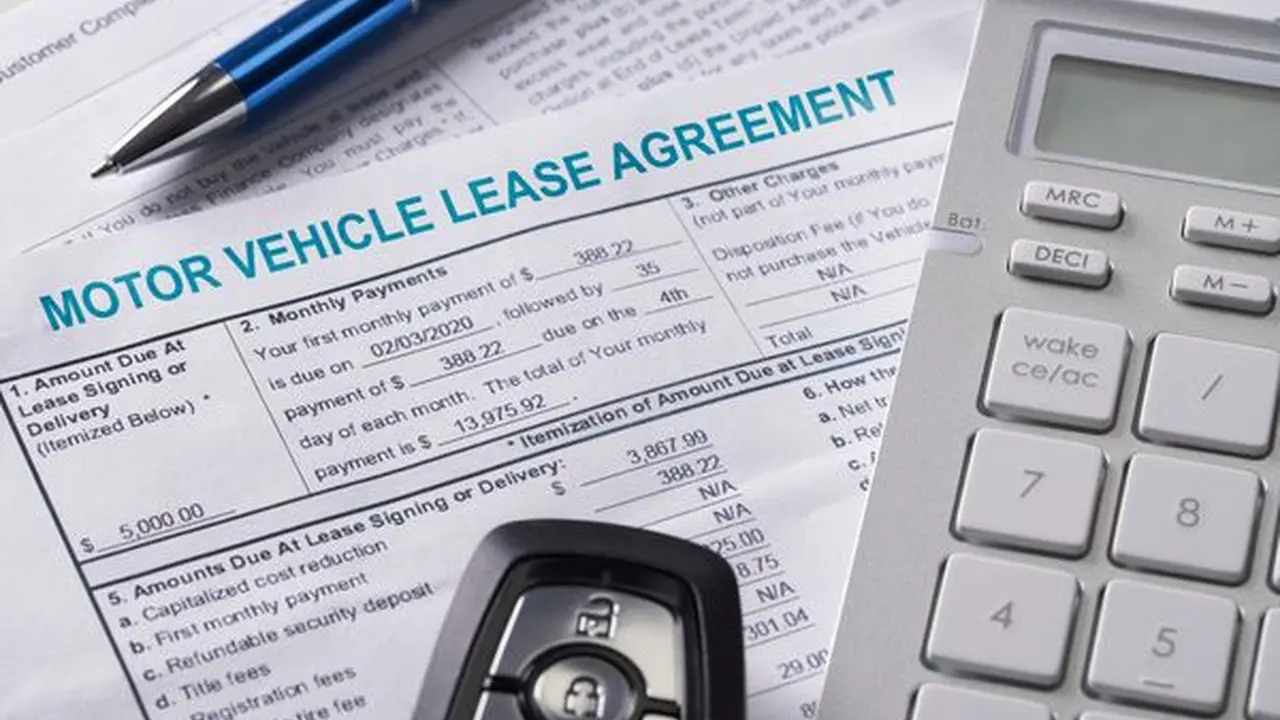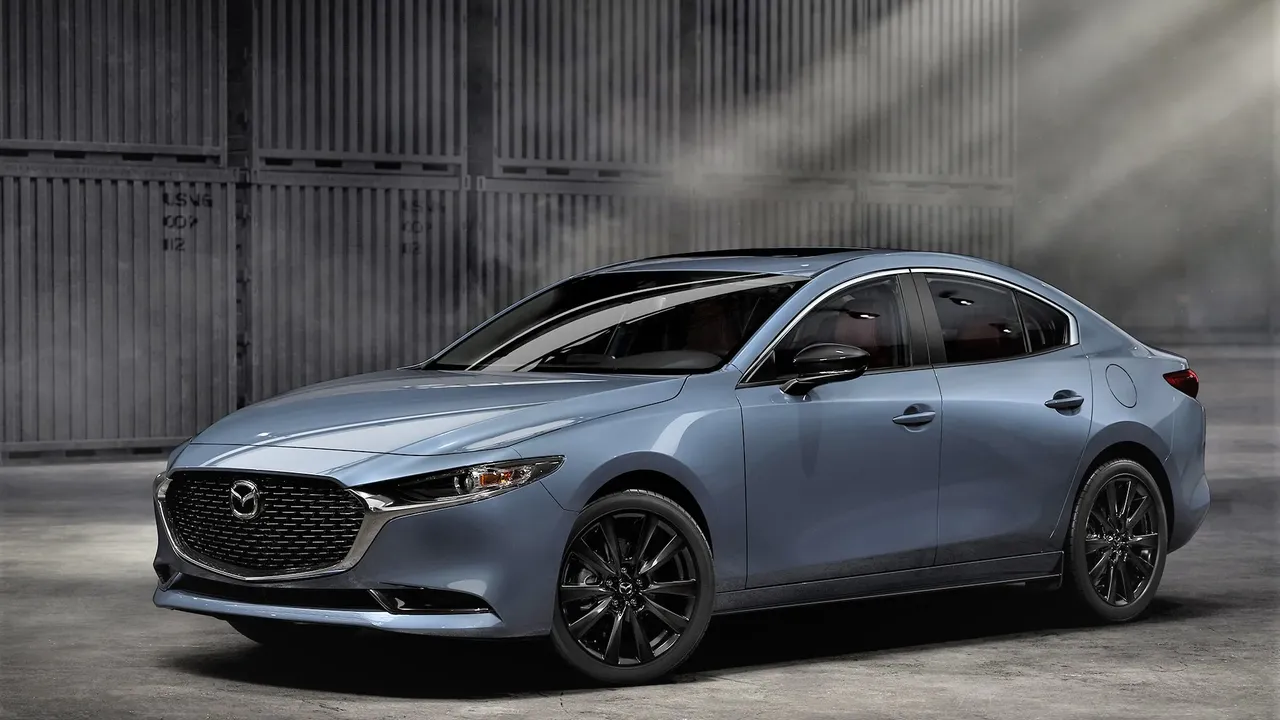Car Leasing for Business: Tax Benefits and Considerations

Understanding Car Leasing Options for Your Business Vehicle Needs
So, you're thinking about leasing a car for your business? Smart move! Leasing can be a fantastic way to get the wheels you need without the hefty upfront costs of buying. Plus, there are some sweet tax benefits to consider. But before you jump in, let's break down the different leasing options and what they mean for your business. We'll cover everything from closed-end leases to open-end leases, mileage limits, and those pesky early termination fees. This guide will help you navigate the world of business car leasing like a pro, ensuring you make the best choice for your company's bottom line and transportation needs.
Tax Advantages of Leasing a Car for Business Use: Maximizing Deductions
Alright, let's talk money! One of the biggest perks of leasing a car for your business is the potential tax savings. The IRS lets you deduct the business portion of your lease payments. Think of it this way: if you use the car 70% for business and 30% for personal use, you can deduct 70% of your lease payments. Keep meticulous records! A mileage log is your best friend here. Document every business trip, including the date, purpose, and miles driven. This will be crucial if you ever get audited. Don't forget to factor in expenses like gas, maintenance, and insurance, as these can also be deductible. We'll dive into specific deduction strategies and how to avoid common pitfalls that could land you in hot water with the IRS. Remember, always consult with a qualified tax professional for personalized advice.
Choosing the Right Car Lease: Closed-End vs Open-End Leases Explained
Now, let's get into the nitty-gritty of lease types. You've got two main options: closed-end leases and open-end leases. A closed-end lease, also known as a walk-away lease, is the most common type. At the end of the lease, you simply return the car (as long as it's within the agreed-upon mileage and wear-and-tear limits). An open-end lease, on the other hand, is a bit riskier. At the end of the lease, the car's value is assessed. If it's worth less than the estimated residual value, you're responsible for the difference. Open-end leases are often used for commercial vehicles where the value is more predictable, but they can be tricky for regular cars. We'll weigh the pros and cons of each type, helping you determine which lease structure best aligns with your business needs and risk tolerance. Think carefully about your driving habits and the potential for depreciation before making a decision.
Mileage Limits and Excess Wear and Tear: Avoiding Costly Penalties on Your Leased Vehicle
Mileage is a HUGE factor in leasing. Most leases come with mileage limits, typically ranging from 10,000 to 15,000 miles per year. If you exceed these limits, you'll be charged a per-mile fee, which can add up quickly. Be realistic about your driving needs. It's better to overestimate your mileage and pay a slightly higher monthly payment than to get hit with a hefty bill at the end of the lease. Also, watch out for excess wear and tear. Leases typically have guidelines on what's considered normal wear and tear. Things like dents, scratches, and interior stains can result in charges when you return the car. Consider getting a pre-inspection before returning the vehicle to identify and address any potential issues. We'll provide tips on how to minimize wear and tear and negotiate mileage limits to avoid unexpected costs.
Early Termination Fees: Understanding the Financial Implications of Ending Your Lease Early
Life happens. Sometimes you need to get out of a lease early. But be warned: early termination fees can be steep. They typically include the remaining lease payments, a disposition fee, and potentially other charges. Before signing a lease, understand the early termination policy. Ask about the specific fees and how they are calculated. Consider lease transfer options, where you transfer the lease to another qualified individual. This can be a less costly alternative to early termination. We'll explore strategies for minimizing the financial impact of ending a lease early and discuss the legal implications of breaking a lease agreement.
Recommended Cars for Business Leasing: Specific Models and Use Cases
Okay, let's get practical! Here are a few car recommendations based on different business needs:
Sedans for Business: Fuel Efficiency and Professional Image
For professionals who need a reliable and fuel-efficient vehicle for client meetings and daily commutes, a sedan is a great choice. Consider the Toyota Camry Hybrid. It offers excellent fuel economy (around 52 MPG combined), a comfortable ride, and a professional appearance. A leased Camry Hybrid typically costs around $350-$450 per month, depending on the trim level and lease terms. Another solid option is the Honda Accord. It's known for its reliability, spacious interior, and available hybrid powertrain. Lease prices are similar to the Camry. These sedans are ideal for consultants, real estate agents, and other professionals who need a presentable and practical vehicle.
SUVs for Business: Versatility and Cargo Space
If you need more cargo space or the ability to handle rougher terrain, an SUV is a better bet. The Hyundai Tucson is a compact SUV that offers a good balance of fuel economy, cargo space, and affordability. Lease prices generally range from $300-$400 per month. For a more premium experience, consider the Acura MDX. It offers a luxurious interior, advanced safety features, and ample cargo space. Lease payments are typically in the $500-$700 range. SUVs are well-suited for businesses that require transporting equipment, materials, or clients in comfort.
Trucks for Business: Towing Capacity and Utility
For businesses that require towing capacity or the ability to haul heavy loads, a truck is essential. The Ford F-150 is the best-selling truck in America for a reason. It offers a wide range of configurations, engine options, and towing capabilities. Lease prices vary greatly depending on the trim level and options, but you can expect to pay anywhere from $400 to $800+ per month. The Toyota Tacoma is a smaller, more fuel-efficient truck that's great for businesses that need a reliable workhorse. Lease payments are typically in the $350-$500 range. Trucks are ideal for contractors, landscapers, and other businesses that require heavy-duty capabilities.
Comparing Car Leasing Options: Fuel Efficiency, Reliability, and Cost-Effectiveness
Let's compare these options side-by-side. The Camry Hybrid and Accord offer the best fuel economy, making them ideal for businesses that prioritize fuel efficiency. The Acura MDX provides a more luxurious experience but comes with a higher price tag. The F-150 offers the most towing capacity but can be expensive to lease and operate. The Tucson and Tacoma strike a good balance between affordability, utility, and fuel economy. Consider your specific needs and budget when making your decision. Think about the long-term costs, including fuel, maintenance, and insurance, in addition to the monthly lease payments.
Negotiating Your Car Lease: Tips and Tricks for Getting the Best Deal
Don't just accept the first offer! Negotiating your car lease is crucial to getting the best deal. Do your research beforehand. Know the MSRP of the car, the residual value, and the money factor (the interest rate). Shop around at different dealerships to get competing offers. Be prepared to walk away if you're not happy with the terms. Negotiate the price of the car before discussing the lease terms. This will lower the amount you finance and reduce your monthly payments. Don't be afraid to haggle over the money factor and the residual value. These are often negotiable. Consider putting down a larger down payment to lower your monthly payments, but be aware that you'll lose that money if the car is totaled. We'll provide a step-by-step guide to negotiating your car lease like a pro, ensuring you get the best possible terms.
Car Leasing for Business: FAQs and Common Concerns Addressed
Still have questions? Let's address some common concerns:
Is leasing a car for business a good idea?
It depends on your specific needs and circumstances. Leasing can be a good option if you want to drive a new car every few years, don't want to worry about depreciation, and can take advantage of the tax benefits. However, it's not a good option if you drive a lot of miles, plan to customize the car, or want to own it outright.
What happens if I go over the mileage limit on my lease?
You'll be charged a per-mile fee, which can range from 10 cents to 30 cents per mile. It's important to be realistic about your driving needs and choose a lease with a mileage limit that you're comfortable with.
Can I buy the car at the end of the lease?
Yes, most leases offer a purchase option at the end of the lease term. However, the purchase price may be higher than the car's market value. Consider whether it makes sense to buy the car or simply return it and lease a new one.
What happens if I damage the car during the lease?
You'll be responsible for repairing any damage that's considered excess wear and tear. It's important to maintain the car and address any minor damage promptly to avoid costly repairs at the end of the lease.
This guide provides a comprehensive overview of car leasing for business. By understanding the different options, tax benefits, and potential pitfalls, you can make an informed decision that's right for your business.
:max_bytes(150000):strip_icc()/277019-baked-pork-chops-with-cream-of-mushroom-soup-DDMFS-beauty-4x3-BG-7505-5762b731cf30447d9cbbbbbf387beafa.jpg)






